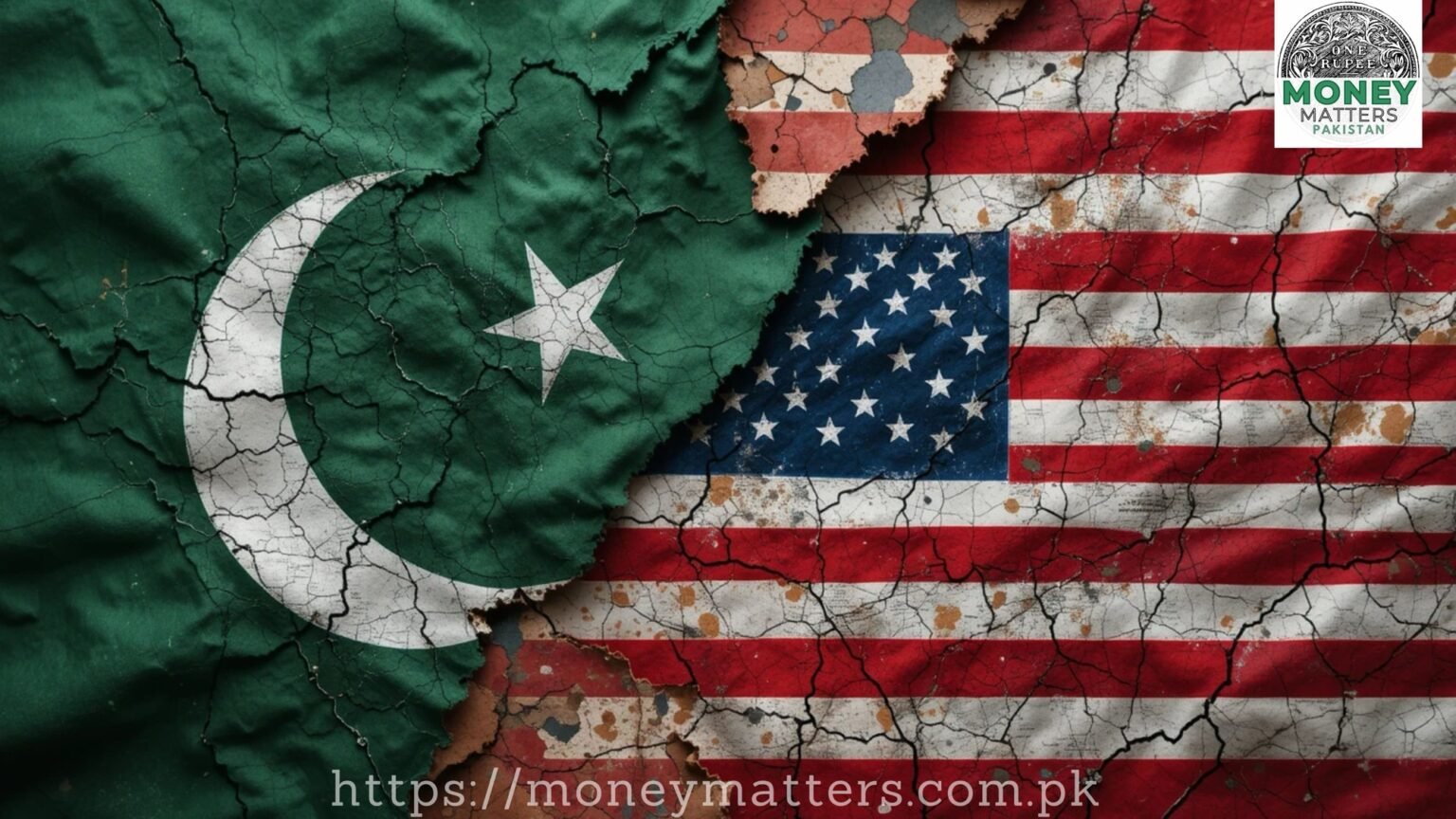Finance Minister Aurangzeb Announces Diplomatic Approach Amidst New Trade Barriers
Key Takeaways:
i) Pakistan will pursue a diplomatic approach, sending a high-level delegation to Washington for trade talks.
ii) The US remains a key trading partner for Pakistan, with bilateral trade estimated at $7.3 billion in 2024.
iii) Pakistan aims to strengthen trade relations with both the US and China, balancing strategic partnerships.
Islamabad, Pakistan – April 13, 2025 – Finance Minister Muhammad Aurangzeb has affirmed that Pakistan will not retaliate against the tariffs imposed by the Donald Trump administration. This decision comes as Pakistan faces new trade challenges, including a 29% tariff on its exports to the US, which has been temporarily reduced to 10% for 90 days.
While acknowledging the uncertainty created by the tariffs, Aurangzeb emphasized the importance of dialogue and engagement. “We all need to think about how to move forward in this new world order, and I believe it is essential to engage in dialogue on this matter,” he stated.
Prime Minister Shehbaz Sharif has directed a high-level delegation, including prominent business figures and exporters, to travel to Washington to negotiate the terms of the tariffs and explore mutually beneficial trade frameworks. The delegation will aim to address the trade imbalance and propose measures such as increased imports from the US.
The recent US tariffs, initially set at 29% for Pakistan, have been postponed for 90 days, with a minimum 10% tariff now applicable to all countries.
The United States is a significant trading partner for Pakistan. In 2024, total goods trade between the two countries was estimated at $7.3 billion, with the US importing $5.1 billion worth of goods from Pakistan. Key exports include cotton and textiles. However, Pakistan also values its relationship with China, its largest trading partner and a major investor, particularly through initiatives like the China-Pakistan Economic Corridor (CPEC).
Some analysts predict potential export losses of billions of dollars over the next few years if the tariffs remain in place.
The recent US tariffs, initially set at 29% for Pakistan, have been postponed for 90 days, with a minimum 10% tariff now applicable to all countries. This decision provides a window for negotiation, but the potential long-term impact on Pakistan’s economy remains a concern. Some analysts predict potential export losses of billions of dollars over the next few years if the tariffs remain in place.
Pakistan’s Foreign Office has stated that it is closely monitoring the situation and emphasizes the need for a mutually beneficial resolution, considering the interconnected nature of global trade.




